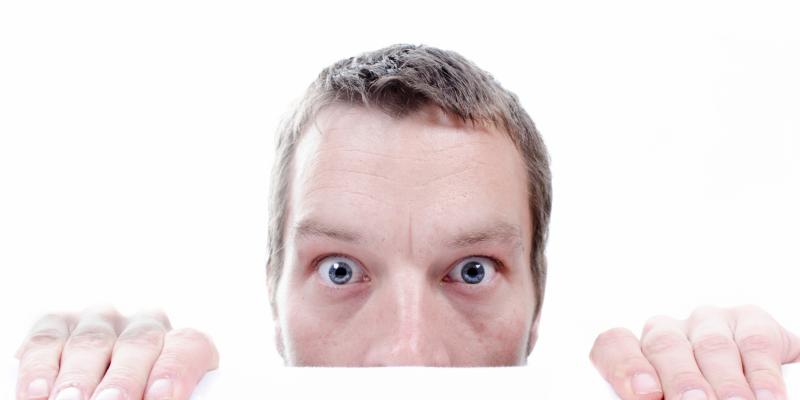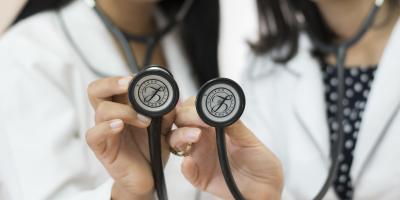The characteristic itching in the lip area is usually the first symptom of our body being attacked by herpes. This is followed by lesions which start to occur around lip borders - small, liquid-filled blisters which slowly dry up to disappear after a few days.
Oral herpes, informally referred to as “cold sores" or “fever blisters", ranks among the most common infectious diseases of the skin and mucous membranes. However, as no later than after several days its symptoms disappear, patients tend to take herpes lightly. But the disease may relapse and cause some complications.
The Herpes simplex virus
Oral herpes is caused by the Herpes simplex virus type 1, which produces characteristic lesions on the mouth, usually inflammatory lesions at the border between the skin and the mucous membranes. While sometimes the virus attacks the cornea or the conjunctiva, causing their inflammation, cases of encephalitis have also been recorded.
The factors conducive to activating the virus include: general weakness, stress, menstruation, cold, sudden exposure to a low temperature, but also intense sunbathing or irritation of the lips during a dental procedure.
How do you become infected?
The herpes virus is one of the most widespread viruses in people, with the majority of us being its carriers. Around 90 percent of those aged over 70 host the virus. Yet in many people it will never become active.
The herpes virus can be transmitted by touch or droplet infection. The liquid-filled blisters burst, making the lesions and the virus itself quickly spread. Once you come down with “cold sores", remember to wash your hands, use your own dishes and cutlery and cut down on kissing, so that the virus spread can be prevented.
The symptoms and the consequences
Besides blisters, an attacking virus may bring about strong headaches, a feeling of malaise and increased body temperature.
Just after a few days, the itching blisters dry up and fall off, leaving no trace of “cold sores". However, if we contract herpes quite often and develop lesions in the same places, the disease may leave an unsightly mark or even alter our lip contours.
Sometimes herpes leads to complications, usually in individuals with weakened immunity, e.g. following a transplantation, in HIV carriers or AIDS patients. The possible complications include corneal and conjunctival infections, which may result in sight impairment. The herpes virus may also attack the central nervous system.
Treatment methods
In the majority of cases, only symptomatic treatment is required, i.e. relieving the symptoms by applying anti-viral ointments and creams on the lesion or by covering it with special sticking plasters. If the disease relapses or causes headaches, pharmacological treatment can be administered with medication such as aciclovir, valaciclovir or famciclovir.
If after taking a medicine we feel itching but no blisters have yet occurred, we might as well not develop “cold sores". Even if the blisters do show on the lips, medication will still relieve the itching and reduce the healing time.
Home therapies
Despite there being a wealth of home therapies for herpes, they will only bring a short-lived relief. Some of us try to get rid of “cold sores" by applying toothpaste, rubbing alcohol, lemon juice, zinc ointment or aspirin on the lesion.
Still, turning to a doctor for professional advice, especially when herpes just won’t let go, will always be a good solution.
More information on the topic at www.bezopryszczki.pl









Comments (0)